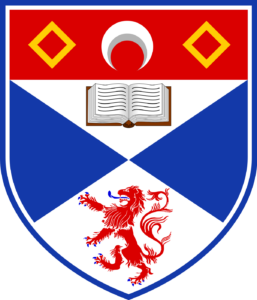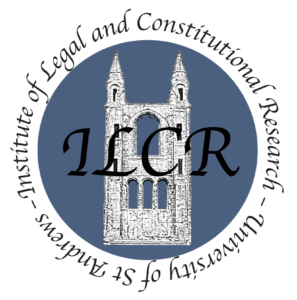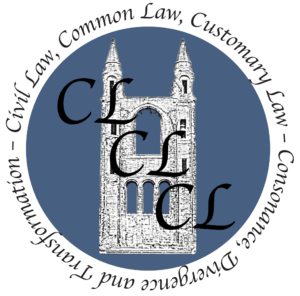Videos
What does Scotland’s Earliest Legal Tractate Actually Say (and What Does it Mean)?
Alice Taylor
Delivered at the 2019 British Legal History Conference at the University of St Andrews.
F. W. Maitland, Common Law and Civil Law
John Hudson
The Maurice and Muriel Fulton Lecture in Legal History,
delivered on 29 March 2018 at the University of Chicago.
The Jury on Trial
On the 800th anniversary of the royal order mandating the use of the jury to decide criminal cases, the Institute of Legal and Constitutional Research at the University of St Andrews held a debate on the virtues of the jury trial in the common law. Participants included Harry Potter, Richard Nicholl, Margaret Sinclair, Tommaso Perilongo, and Giulia de Bosio.
In a separate event, John Hudson and Robert Bartlett also discussed the end of trial by ordeal and the 800th anniversary of the jury trial.
Judge and Scholar
Emanuele Conte
In September 2019, Emanuele Conte spoke at the symposium ‘Judge & Scholar: Perspectives on the Intellectual Legacy of John T. Noonan’ at Berkeley University.
Civil Law, Common Law, Customary Law: Consonance, Divergence and Transformation in Western Europe from the late eleventh to the thirteenth centuries.
A highly significant division in present-day Europe is between two types of legal system: the Continental with foundations in Civil Law (law with an ultimately Roman law basis), and English Common Law. Both trace their continuous history back to the twelfth century. The present project re-evaluates this vital period in legal history, by comparing not just English Common Law and Continental Civil Law (or “Ius commune”), but also the customary laws crucially important in Continental Europe even beyond the twelfth century. Such laws shared many features with English law, and the comparison thus disrupts the simplistic English:Continental distinction. The project first analyses the form, functioning and development of local, national, and supra-national laws. Similarities, differences, and influences will then be examined from perspectives of longer-term European legal development. Proper historical re-examination of the subject is very timely because of current invocation of supposed legal histories, be it politicised celebration of English Common Law or rhetorical use of Ius commune as precedent for a common European Law.
The project is funded by a European Research Council ‘Advanced Grant’ of €2,161,501. (Grant agreement number: 740611 CLCLCL).

The following are video interviews recorded as part of the Power and Institutions in Medieval Islam and Christendom (‘PIMIC’) project (http://pimic-itn.eu), which are also highly relevant to the concerns of the CLCLCL project:


